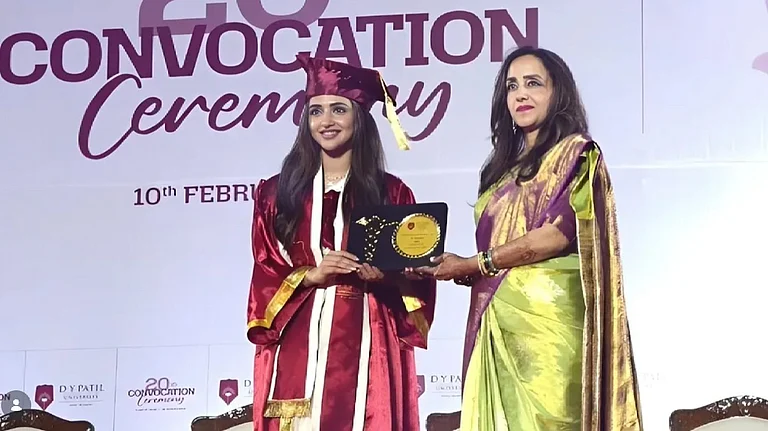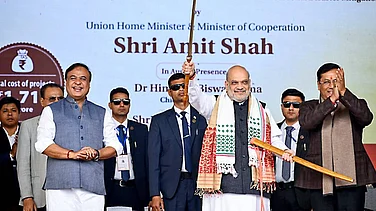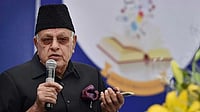The Supreme Court today referred to a five-judge constitution bench questions like whether a public functionary or a minister can claim freedom of speech while airing views in a sensitive matter which is under investigation.
A bench headed by Chief Justice Dipak Misra said the questions raised by senior advocates Harish Salve and Fali S Nariman were required to be dealt by a larger bench.
The bench, which also comprised Justices A M Khanwilkar and D Y Chandrachud, expressed concern over the misuse of social media platforms and said that people disseminated wrong information even about the court proceedings.
Nariman, who is assisting the bench as an amicus curiae, concurred with the observation of the bench and said that a lot of misinformation and abuses are there on social media platforms and he has stopped looking at them.
"I have deleted my Twitter account," Salve said, adding that once when he was appearing in a case related to a Christian medical college and the subsequent happenings on his Twitter handle forced him to delete it.
He said now private players were more into infringing the privacy rights and such things are no more restricted to the state only.
The court was hearing a plea filed by a man whose wife and daughter were allegedly gangraped in July last year on a highway near Bulandshahr, seeking transfer of the case to Delhi and lodging of an FIR against former Uttar Pradesh Minister Azam Khan for his controversial statement that the gangrape case was a "political conspiracy".
The brutal incident had happened on the night of July 29 last year when a group of highway robbers stopped the car of a Noida-based family and sexually assaulted a woman and her daughter after dragging them out of the vehicle at gun-point.
Salve had told the bench that ministers cannot have personal views on official business matters as whatever the person says, must reflect government policy.
The apex court had earlier said it would consider whether the fundamental right of speech and expression would be governed under reasonable restriction of decency or morality or whether other preferred fundamental rights would also have an impact on it.
The apex court had on July 31 asked the Attorney General to assist it on legal issues including whether a minister or a public functionary could claim freedom of speech while airing views in matters of official business of the State, such as criminal investigation.
However, Khan had on December 15 last year tendered an "unconditional apology" for the remark, which the apex court had accepted.
The top court had earlier proposed to refer to a constitution bench the issue whether a minister could claim refuge under the right to free speech while expressing views in matters of official business.
PTI


























